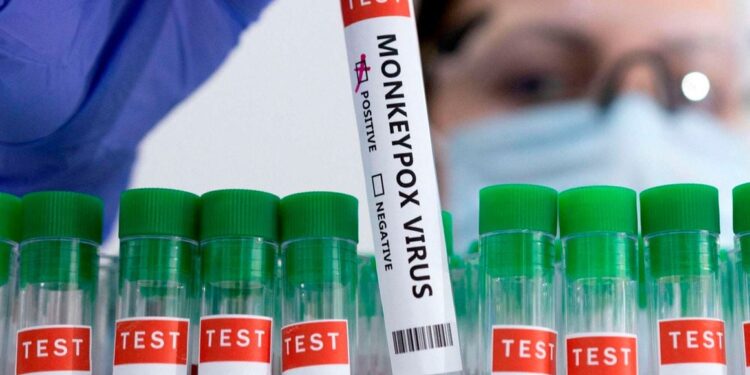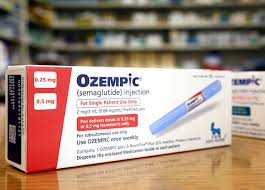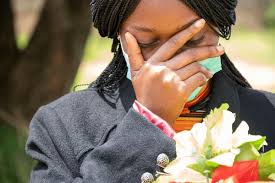A surge in Mpox cases has been reported in Africa, with a staggering 160% increase in 2024 compared to the previous year.
According to the Africa Centre for Disease Control (CDC), over 14,000 cases have been reported in 10 countries, including Burundi, Cameroon, and South Africa, with 2,853 confirmed cases and 461 de@ths.
The majority of fatalities, 450, occurred in the Democratic Republic of Congo, where the virus is endemic. Notably, recent cases in Kenya and Uganda are not included in these statistics.
The spread of Mpox has affected 17 countries in the last 12 months, with suspected cases totaling 12,221.
The situation highlights the need for continued vigilance and public health efforts to combat the virus.
Mpox, also known as monkeypox, is a viral disease that can be transmitted through human-to-human contact, contaminated surfaces, or contact with infected wild animals.
It belongs to the same viral family as smallpox and causes symptoms like fever, headache, muscle aches, and a characteristic rash that can appear on various parts of the body, including the face, hands, and feet.
The rash typically resolves on its own within two to four weeks. In severe cases, patients may experience widespread lesions, blood infect!ons, and lung !nfections, which can be life-thre@tening.
The World Health Organization (WHO) recommends vaccination for individuals who have close contact with infected patients, but does not advocate for mass vaccination.
Despite the majority of cases and de@ths being reported in the Democratic Republic of Congo, health officials are urging enhanced surveillance to prevent further spread.










